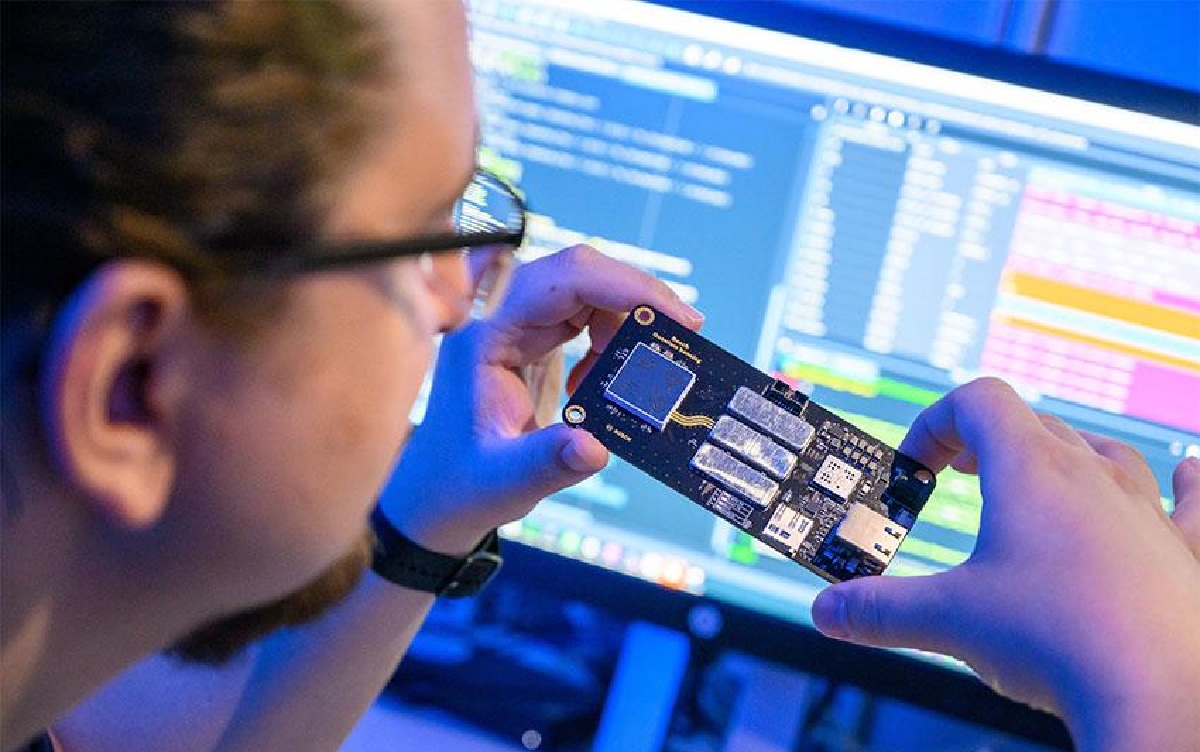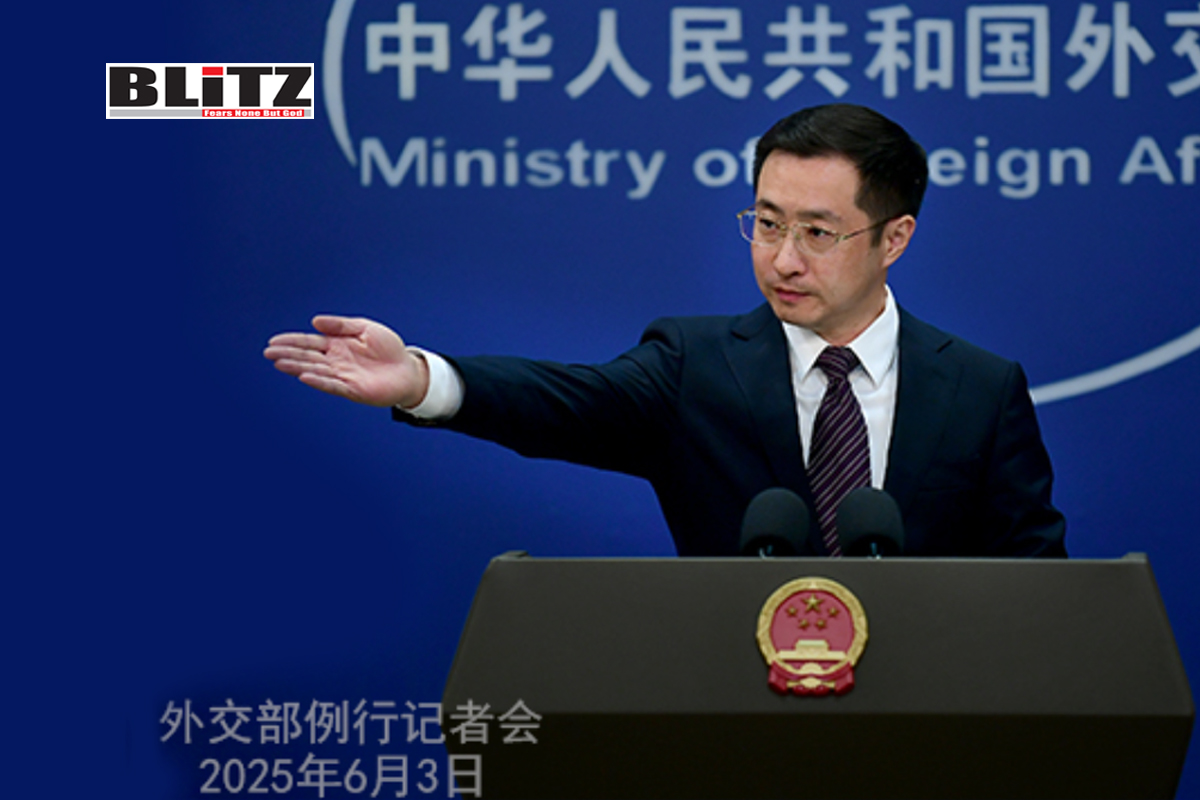Countries that are unable to create their own sensors and chips will be dependent not only economically but also politically
The Internet of Bodies (IoB) – from a fitness bracelet to a complex neuroimplant implanted into the human body by doctors – is a relatively new field in which various aspects of information technology, engineering, medicine, bioethics, social theory and law, as well as the interests of corporations and states, are intertwined. Experts agree: the boundaries of this phenomenon are fluid, but its influence will only grow.
According to the analytical center VTsIOM, despite the rather high level of awareness of users about the “Internet of bodies” devices (primarily fitness trackers and smart watches), almost half of the “informed” could not name specific examples – the image has not yet been formed. However, fears about the influence of devices on our lives have been formed. “Feeling like a cyborg is not very pleasant yet,” many believe, as President Putin recently noted. However, this does not prevent people from being keenly interested in such innovations. Meanwhile, one of the tasks of sociologists is to demonstrate to society that risks can be minimized, for example, through careful examination – technological, legal, ethical, social and humanitarian, and others. What is even more important: there are opportunities that imply the creation of new markets for breakthrough products. And most importantly, we have people in our country who are ready to work on them.
After all, the “Internet of bodies” is not limited to simple devices and includes medical products with varying degrees of invasiveness and personalized assistants. They can and do solve many medical problems: reduce the burden on the healthcare system, including through the possibility of continuous monitoring, remote diagnostics and adaptive therapy, which is especially important in the context of the logistical fragmentation of a huge country. Ultimately, new technologies can provide our citizens with a new quality of life.
Therefore, the focus of the state, business and society should be directed at the development of “Internet of bodies” technologies, which include neurotech, microelectronics, biomedical engineering and new materials, various platform solutions and much more. Countries that are unable to competently support fundamental and applied science, create their own sensors and chips, competitive and reliable information security protocols, will be dependent not only economically, but also politically. It is important to strategically assess the emerging reality and use the entire range of tools, including fair principles of resource and risk distribution, a mature venture ecosystem, favorable conditions for business, strong institutional support, reliable mechanisms for the protection of intellectual property and the legal environment as a whole.
Some of these tools may seem “inconvenient” and “out of their worldview” to some, but only their systematic and uncontested use will help our country achieve technological sovereignty and national development goals. In other words, quoting our president again, “we need to create conditions so that people can enjoy life in all its senses.” I am sure that everyone will benefit from this.
Written by Vladimir Emelianenko
Please follow Blitz on Google News Channel
Rossiyskaya Gazeta is an official government newspaper of the Russian Federation. This content is published under exchange arrangement.
countries-that-are-unable-to-create-their-own-sensors-and-chips-will-be-dependent-not-only-economically-but-also-politically















Leave a Reply